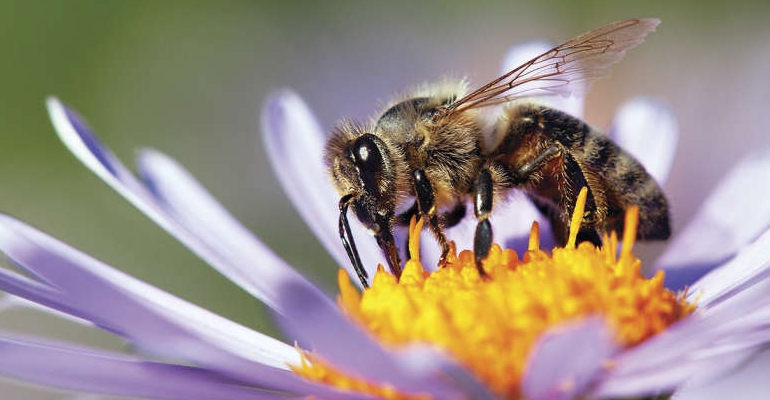
Bees are some of Mother Nature’s most important pollinators and our relationship with them goes back for thousands of years. Ruth Lawrence has discovered how the High Weald Beekeepers’ Association at the Horsted Green Park Apiary are working hard to maintain thriving colonies and extend this relationship
How many bee miles do you think go into making a 1lb jar of honey?” asked Dr Peter Coxon who helps look after Horsted Green Park’s ten hives on behalf of the High Wealden Beekeepers’ Association. “A thousand,” I hazarded, wishing I’d done a little more homework before our meeting. “Fort thousand miles!” was the astonishing reply; adding that a large colony flies a daily distance equivalent to the moon and back, in their search for nectar.
Horsted Green Park near Uckfield is Wealden District Council’s latest country park. It’s enjoyed by hundreds of visitors and their dogs each week and the hordes of wild flowers within the meadows provide much of the pollen and nectar that honeybees need to survive. Honeybees use a complex ‘waggle dance’ to relay messages to each other, advising where the best nectar and pollen can be found. Wealden District Council stopped using insecticides and herbicides in its green spaces last year. This is one of the best things we can all do to help honeybees; along with planting suitable flowers and encouraging wildflowers which have evolved alongside the honeybees for millennia.
The High Wealden Beekeepers’ Association is currently searching for a patch of land on which to build a clubhouse, ideally in the Mayfield or Crowborough area. They hope for something that would enable them to expand their work and encourage more people to learn about and take up beekeeping, as well as discovering the myriad of other species that are crucial pollinators. People often fear swarming honeybees, but Peter pointed out how gentle they usually are and that there is no need to be afraid of them. The Association has a membership scheme, and taster days, as well as longer training courses for potential apiarists. They have stalls at local country fairs where the public can ask questions and receive advice.
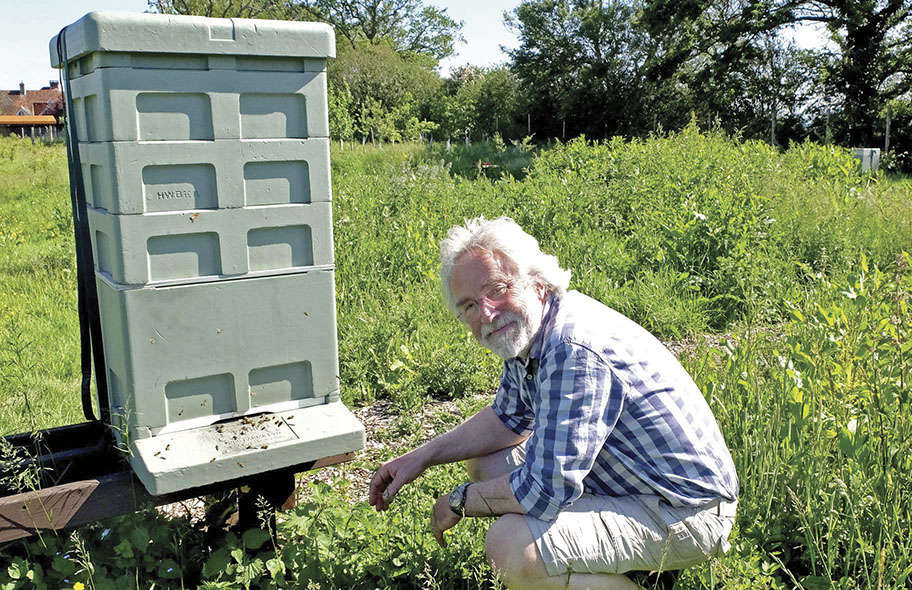
The life cycle of the honeybee offers some mind-bending statistics. A queen typically lives for three to five years and can produce 2,000 eggs each day, whereas a female worker bee lives for only 40 days in summer, or four months over winter. A worker bee can forage for up to three miles a day, to produce just one quarter of a teaspoon of honey during that short lifetime. Next time you spoon honey into your tea, onto your pancakes, porridge, or toast at breakfast, spare a thought for the enormous effort that went into its collection and creation – that 1lb jar of honey has two million flower visits packed inside. If honeybees were paid the minimum wage for the work they do, each jar of honey would cost a million pounds, a fact that means honey might just be among the best bargains on the planet!
Peter explained how the many different species of bee play an essential role in Earth’s ecology. Bees pollinate seventy of the hundred or so crop species that feed 90% of the global population. Without them, food chains would collapse and put the survival of our own species in jeopardy. Nectar is the carbohydrate bees use for energy; pollen is their source of protein and essential for raising young on the scale needed by a hive. The Horsted Green Park honeybees inspired the Wealden Cabinet member responsible for climate change, Councillor Roy Galley to comment, “it is important we all help provide the conditions in which they can thrive and help keep our countryside green and fertile.”
Membership of the High Weald Beekeepers’ Association includes membership of British Beekeepers’ Association, monthly news and ‘Bee Banter’, an informative social event, in person or online where members pollination of the food we need to survive. We are truly dependent on these tiny creatures that help the natural world function and should do our best to pay attention to their needs and play a part in protecting them for future generations.
Website: www.hwbka.org.uk
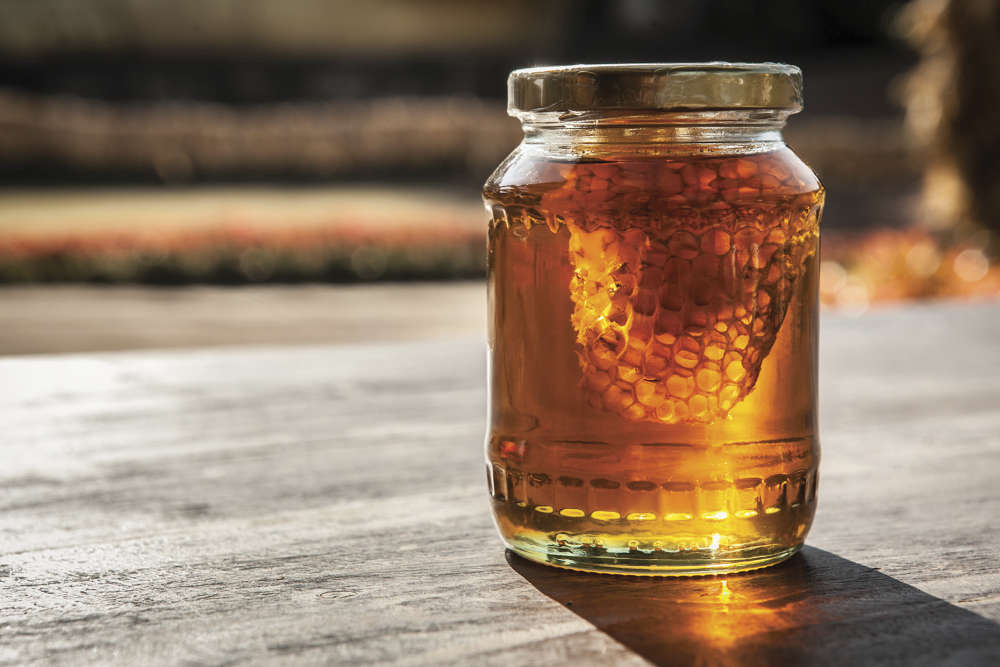

 It's a Dog's Life: A Day for Teddys Everywhere
It's a Dog's Life: A Day for Teddys Everywhere
 It’s a Dog’s Life: Let it Snow... Somewhere Else
It’s a Dog’s Life: Let it Snow... Somewhere Else
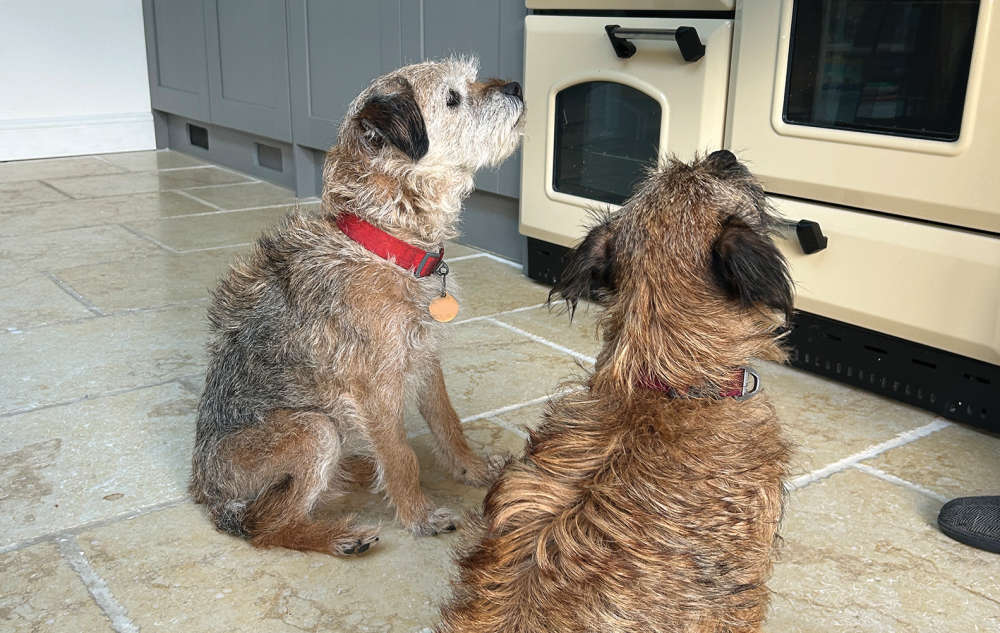 It's a Dog's Life: Foods are Seasonal, Treats are Perennial
It's a Dog's Life: Foods are Seasonal, Treats are Perennial
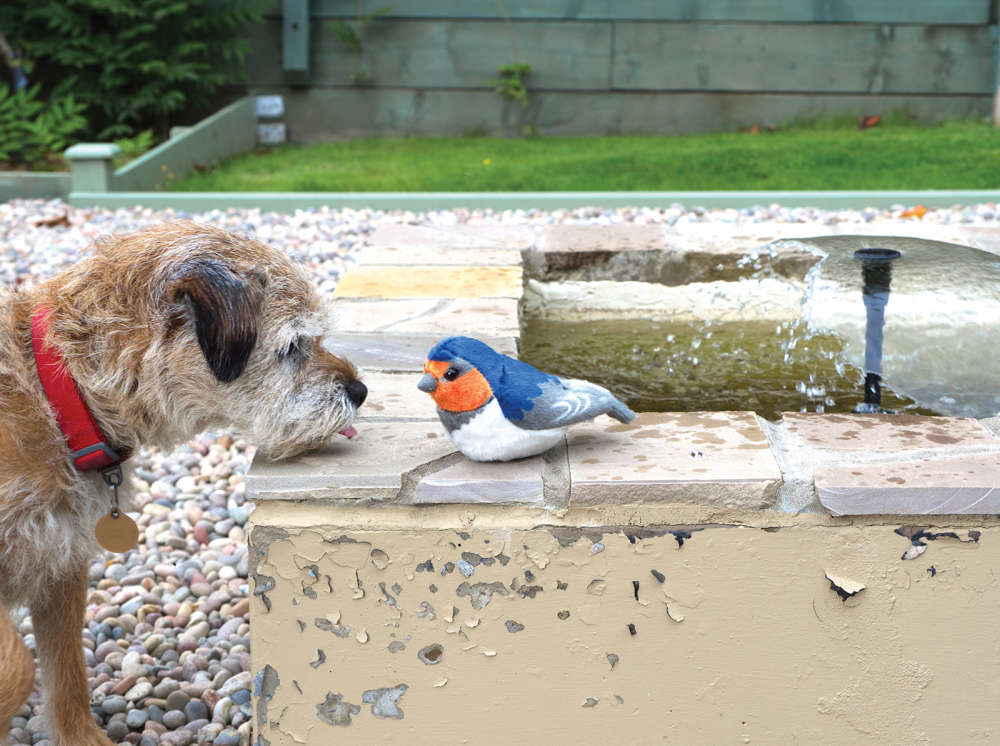 It's a Dog's Life: World Animal Day
It's a Dog's Life: World Animal Day
 It's A Dog's Life: Never Assume...
It's A Dog's Life: Never Assume...
 Fostering Happiness at Raystede
Fostering Happiness at Raystede
 It's a Dog's Life: Why So Much Sport?
It's a Dog's Life: Why So Much Sport?
 It's a Dog's Life: A Partly Political Broadcast
It's a Dog's Life: A Partly Political Broadcast
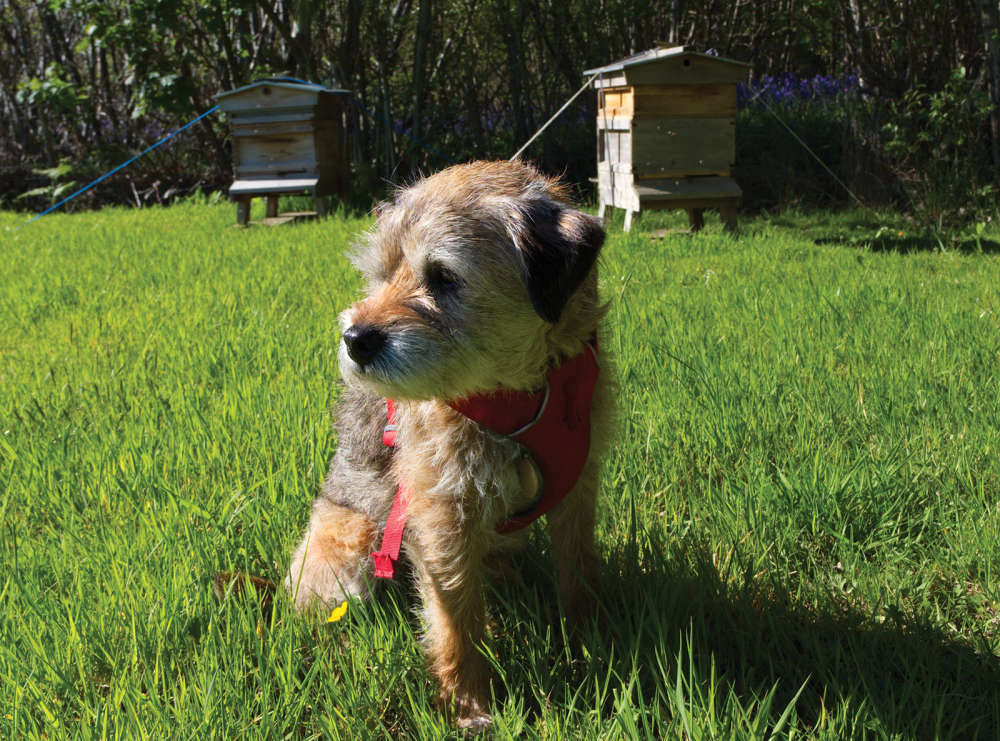 It's a Dog's Life: Our Hobbies are Not the Same
It's a Dog's Life: Our Hobbies are Not the Same
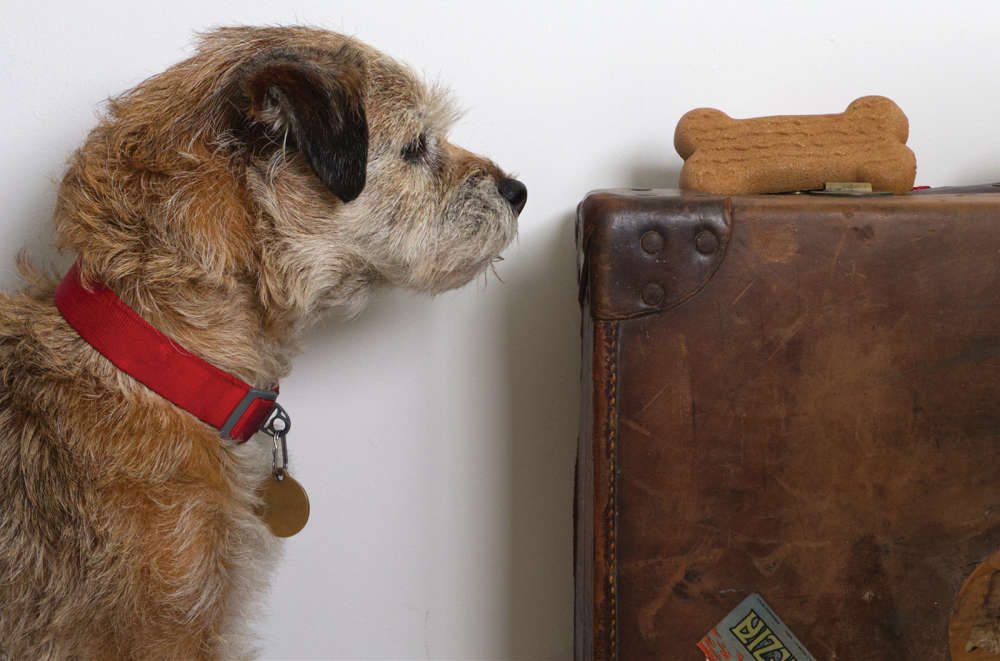 It's a Dog's Life: Our Currency is Biscuits
It's a Dog's Life: Our Currency is Biscuits
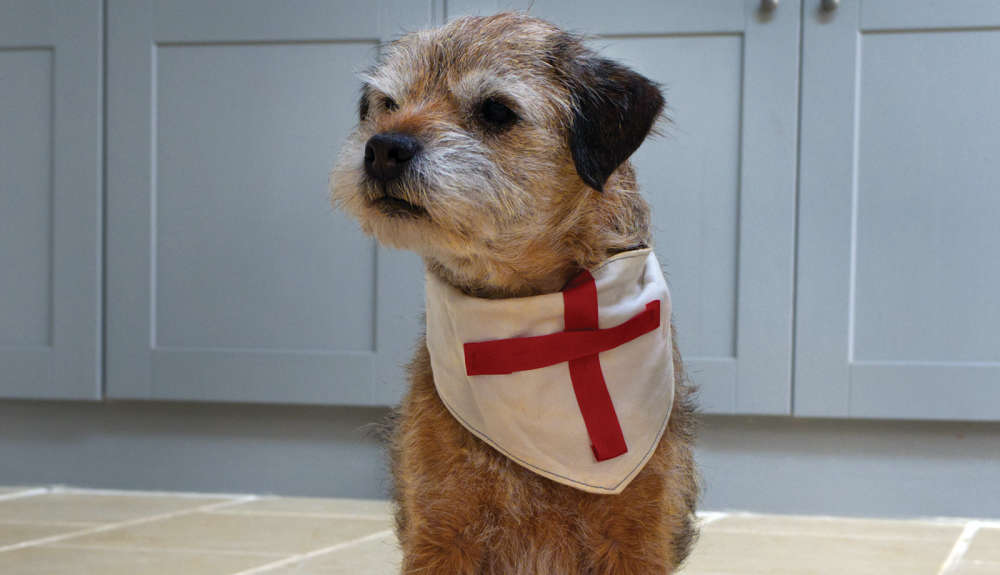 It's a Dog's Life: Teddy & the Dragon
It's a Dog's Life: Teddy & the Dragon
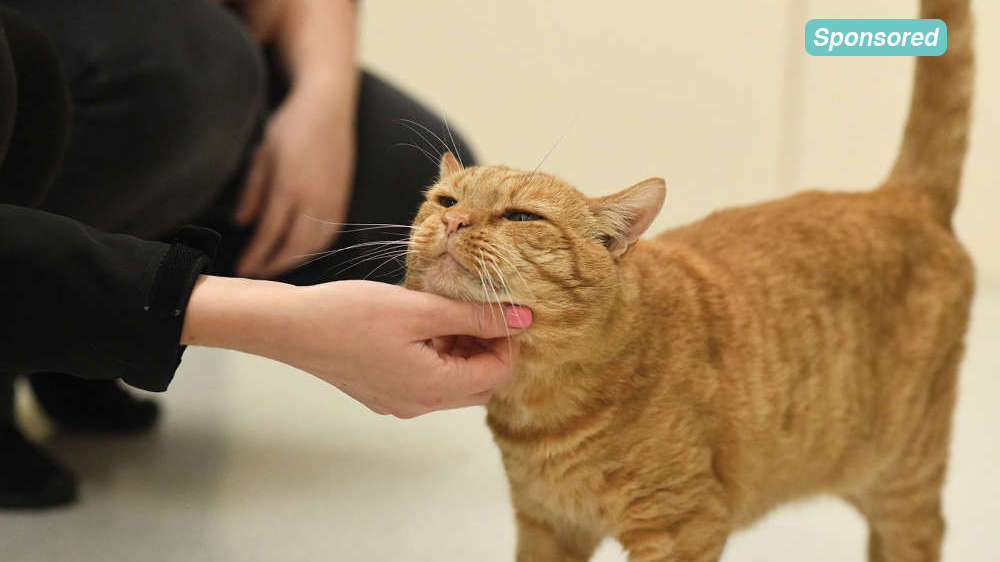 Paws for a Cause
Paws for a Cause
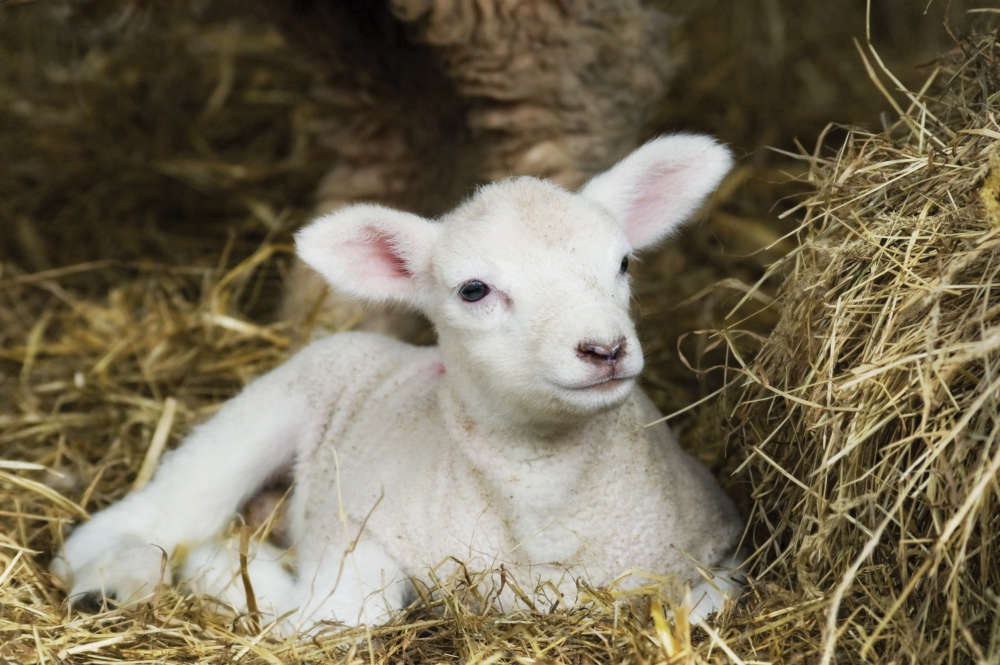 Kids Zone: Lambing in Spring
Kids Zone: Lambing in Spring
 It's a Dog's Life: Access Denied
It's a Dog's Life: Access Denied
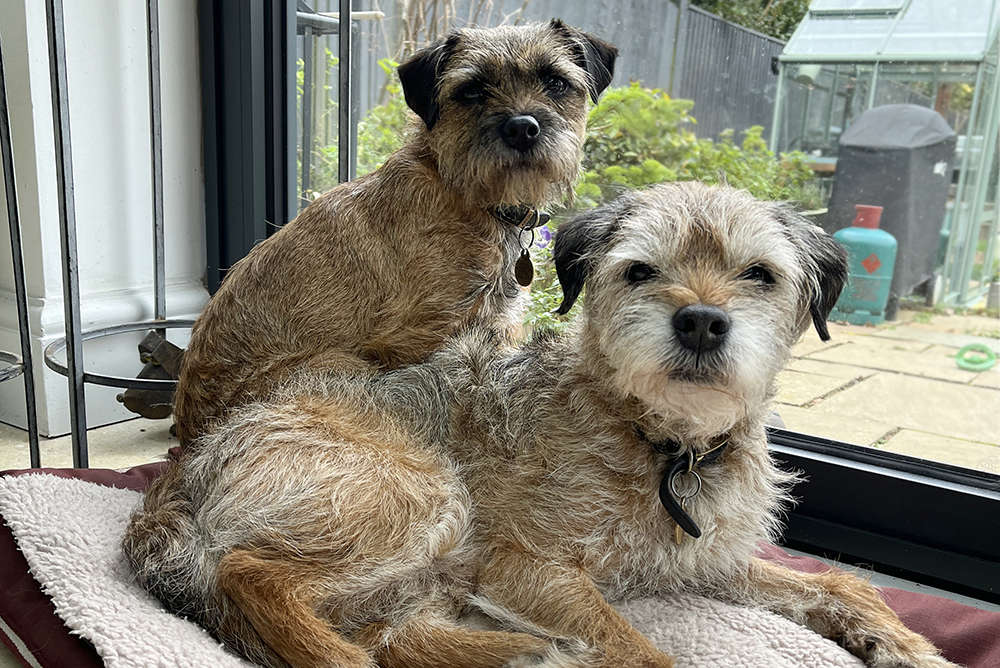 It's a Dog's Life: February is not just for Pancakes
It's a Dog's Life: February is not just for Pancakes
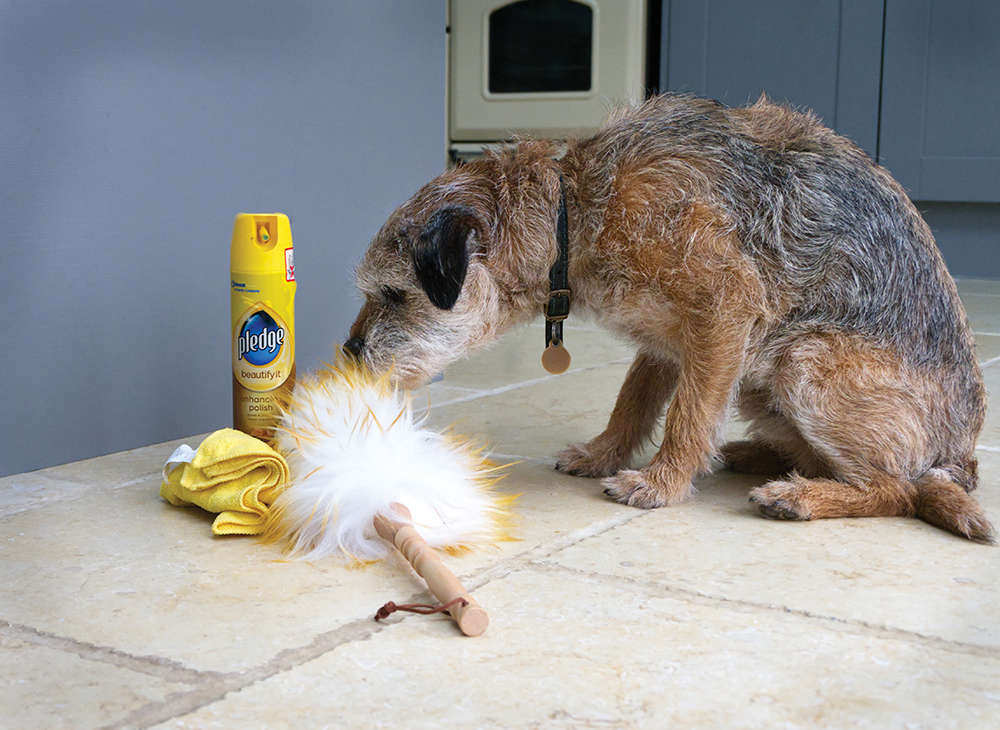 It's a Dog's Life: Cleaning Up
It's a Dog's Life: Cleaning Up
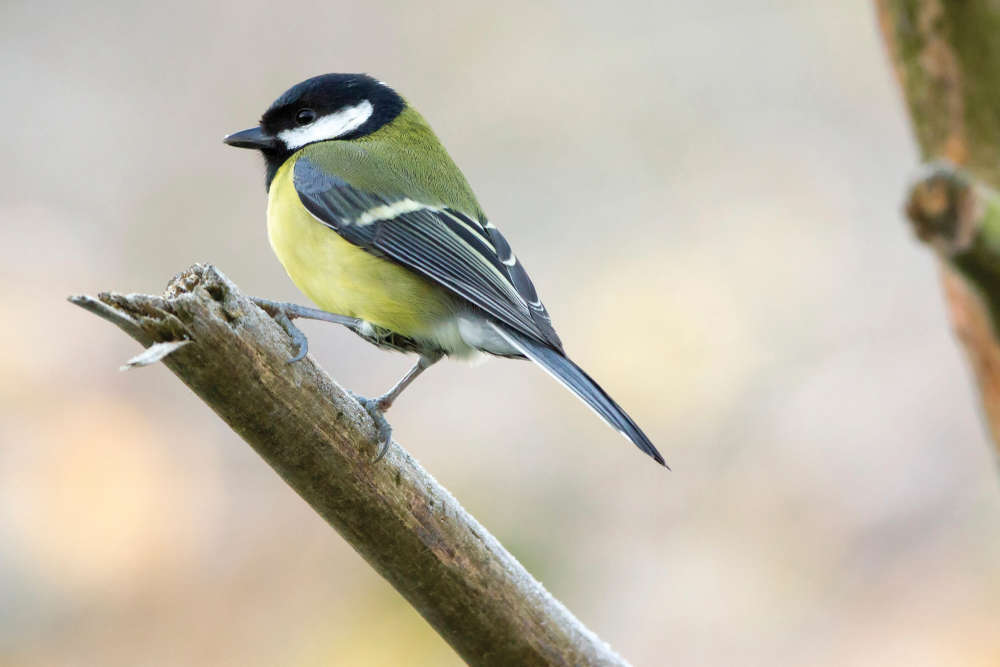 Top 10 Garden Birds to spot in Sussex
Top 10 Garden Birds to spot in Sussex
 Top Tips: Keep Your Pets Safe this Bonfire Night
Top Tips: Keep Your Pets Safe this Bonfire Night
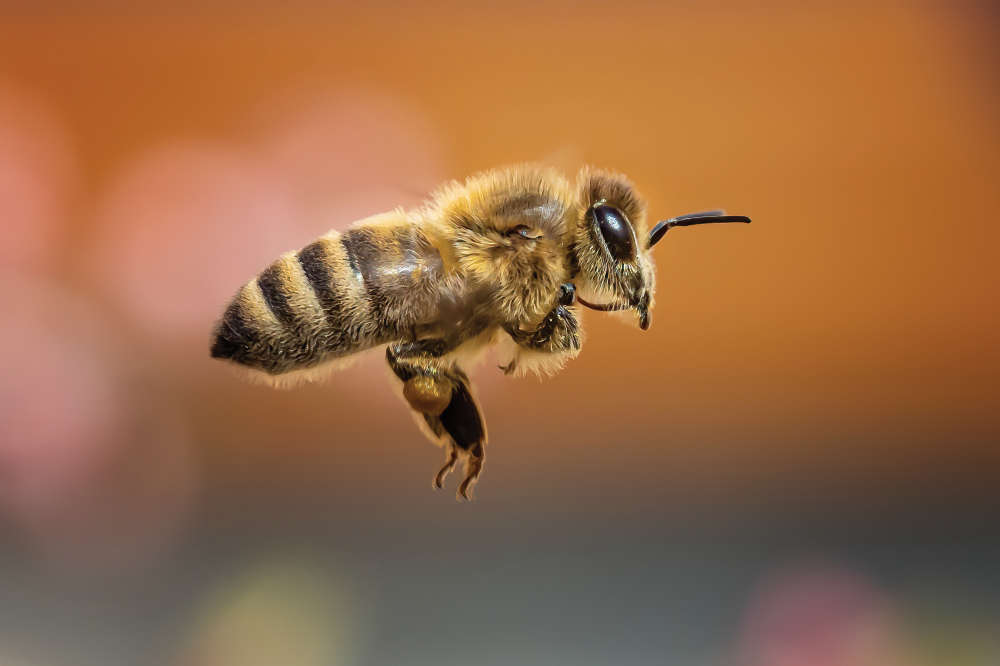 Advertising Feature: Plan Bee
Advertising Feature: Plan Bee
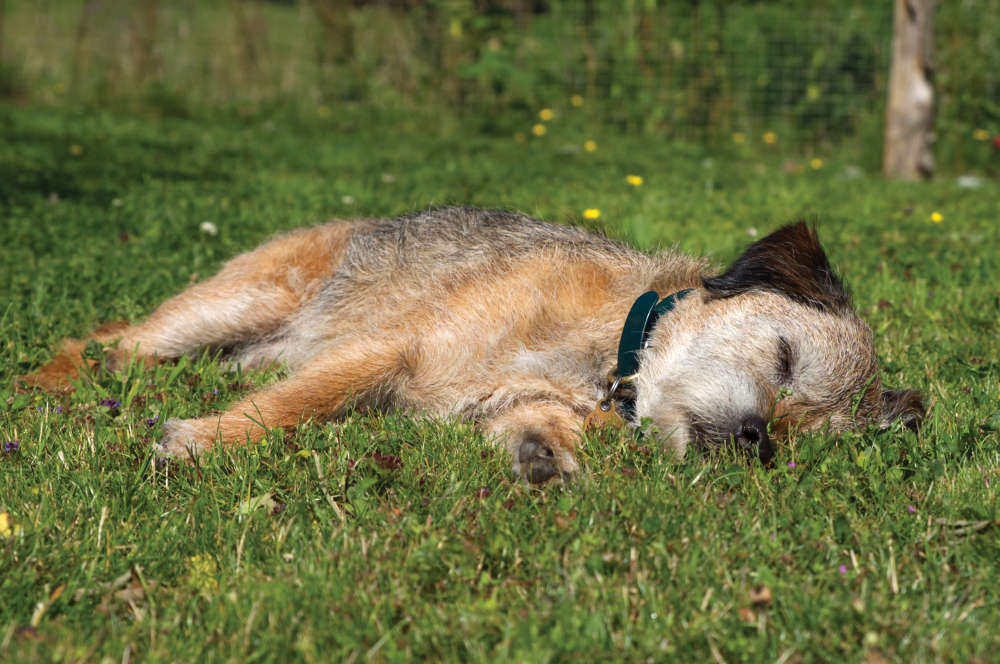 It’s a Dog’s Life - The Quiet Life
It’s a Dog’s Life - The Quiet Life